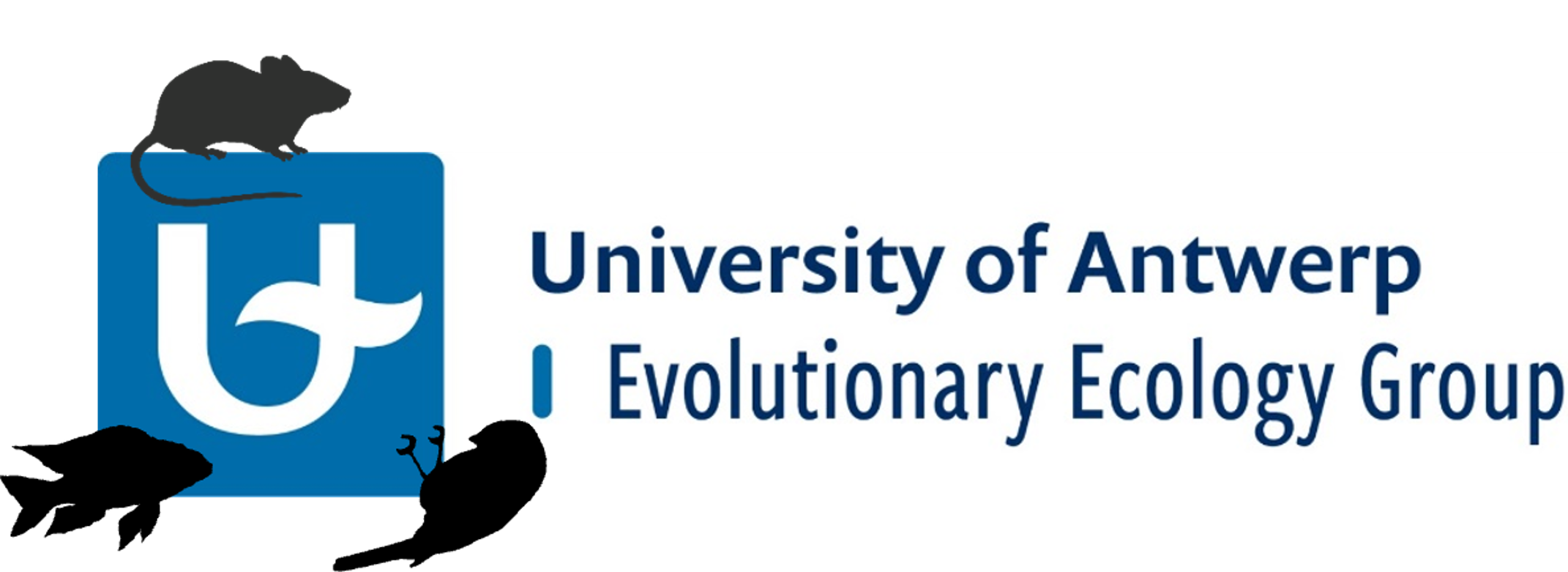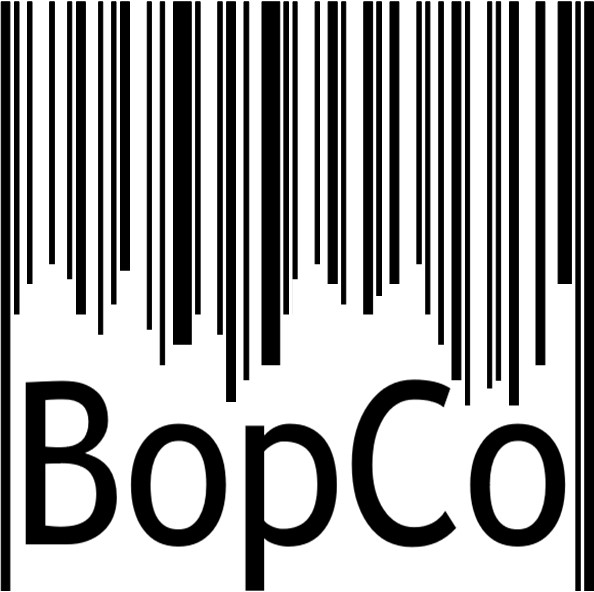INTERCEPT: Identification of species seized at Brussels Airport
Policy concern: public health, protected species
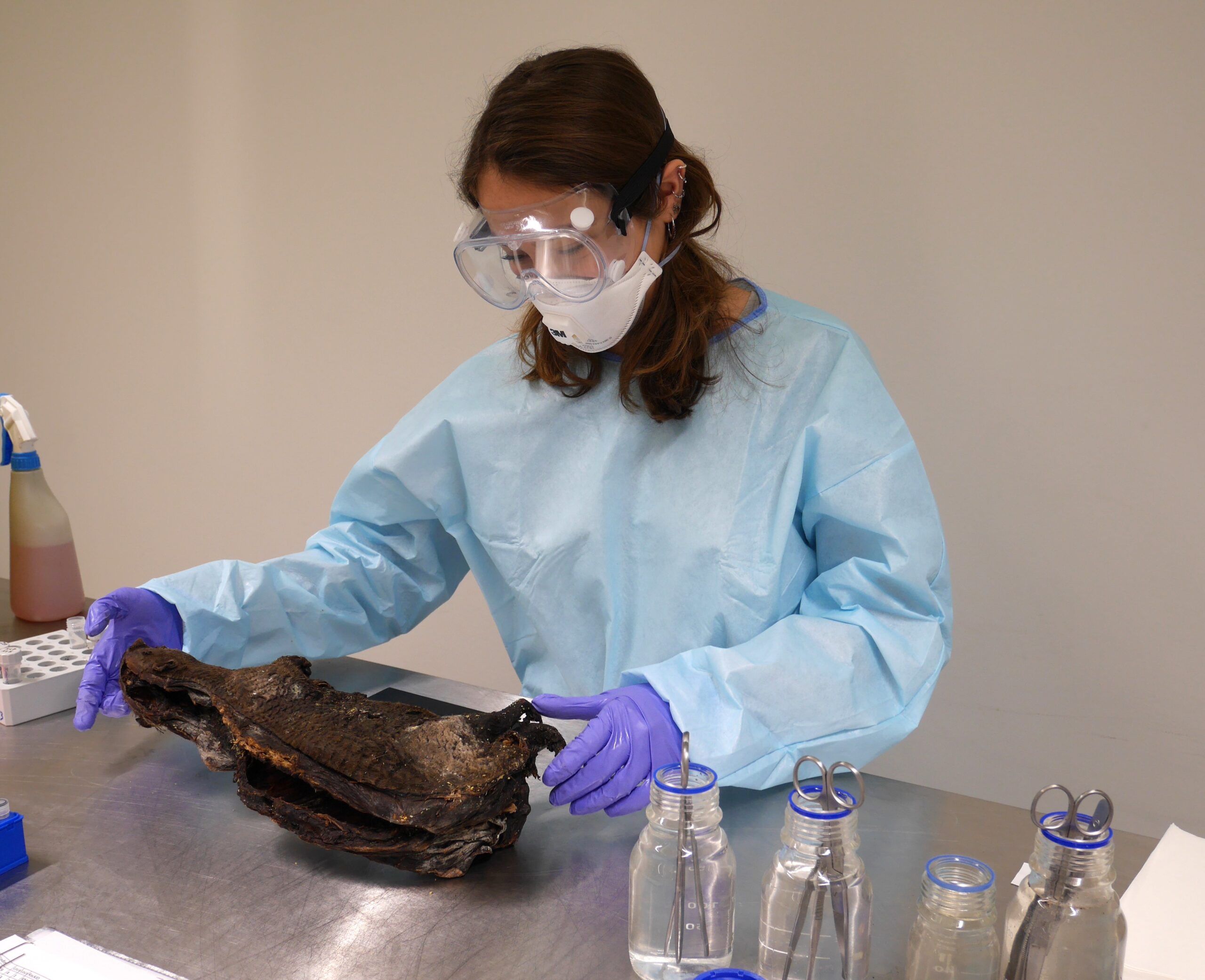
Within the INTERCEPT project, BopCo works alongside its partners to identify animal meat intercepted by customs at Brussels Airport during the BaCon (Baggage Control) actions. Given the challenges of identifying protected species, BopCo employs DNA-based identification techniques to accurately determine whether the seized meat originates from protected species.

What kind of meat?
Meat from wild animals such as antelopes, rodents, and primates is an important food source in many regions of the world, especially in Central Africa. Taste preferences and the desire to retain cultural ties has also generated an international market for such wild meat.
However, the trade and import of wild meat into Belgium is a matter of concern, as it can lead to the introduction of invasive alien species and the import of transmittable animal diseases, and the trade includes CITES-listed species that are vulnerable or critically endangered.
What are CITES-listed species?
CITES (the Convention on International Trade in Endangered Species of Wild Fauna and Flora) is an international agreement ensuring that trade in wild animals and plants doesn’t threaten their survival. Species listed under CITES are protected to various degrees, with strict regulations to prevent overexploitation. These species are categorized into different appendices based on their conservation status and the level of protection they need. By controlling and monitoring trade, CITES helps safeguard endangered and vulnerable species from extinction.
DNA-based identification service
When passengers arriving from Central African and Asian countries are stopped by customs, dairy products, plants with roots, and all types of meat are seized. Before the intercepted meat is destroyed, BopCo takes a sample from each package for DNA analysis in their laboratory.
When our DNA analysis indicates a protected species, we notify the Belgian CITES unit by submitting a detailed report to address the issue. Our identification services have successfully identified protected species such as the African chameleon (Chamaeleo africanus), green monkey (Chlorocebus sabaeus), and tree pangolin (Phataginus tricuspis).
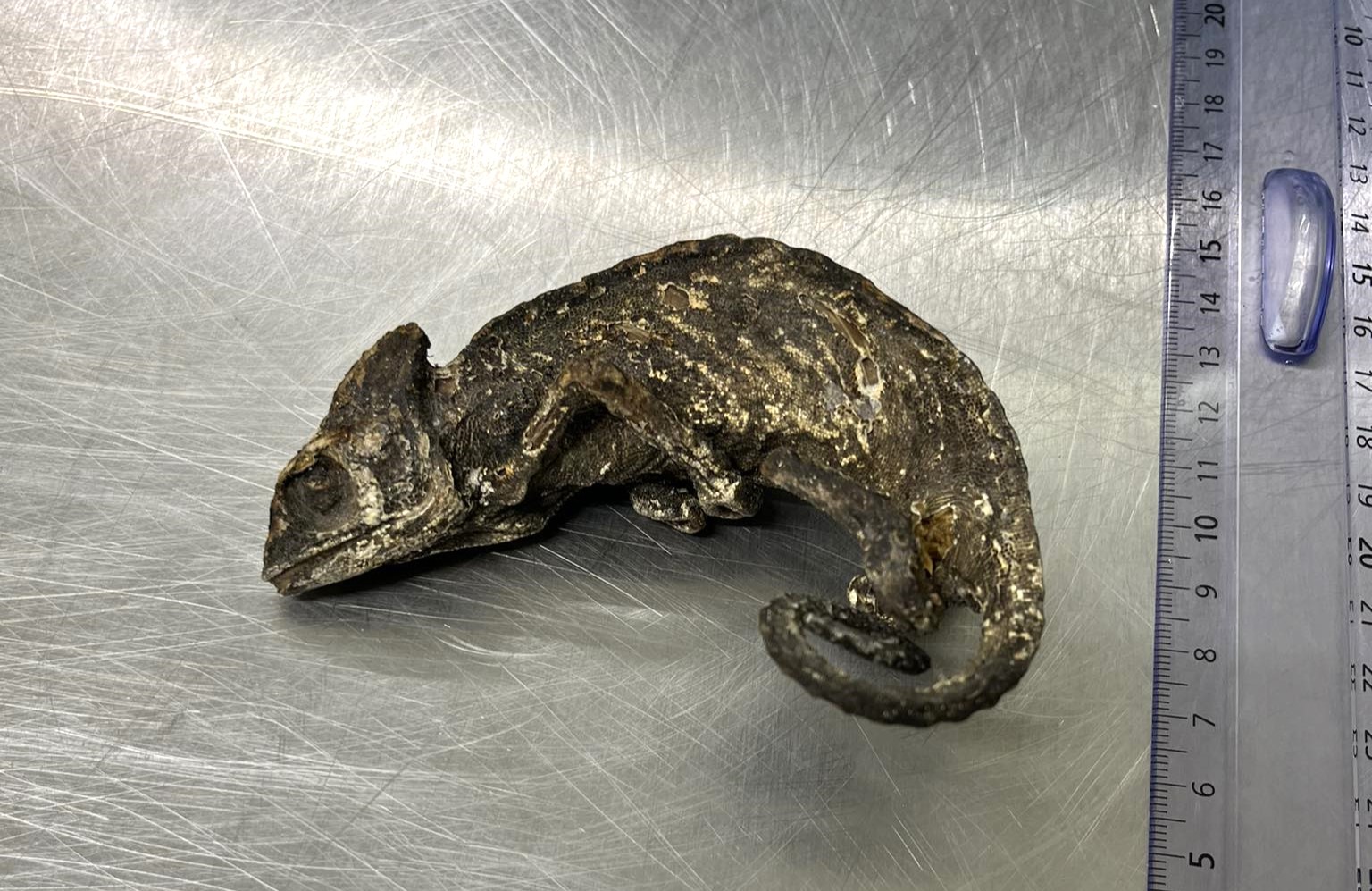
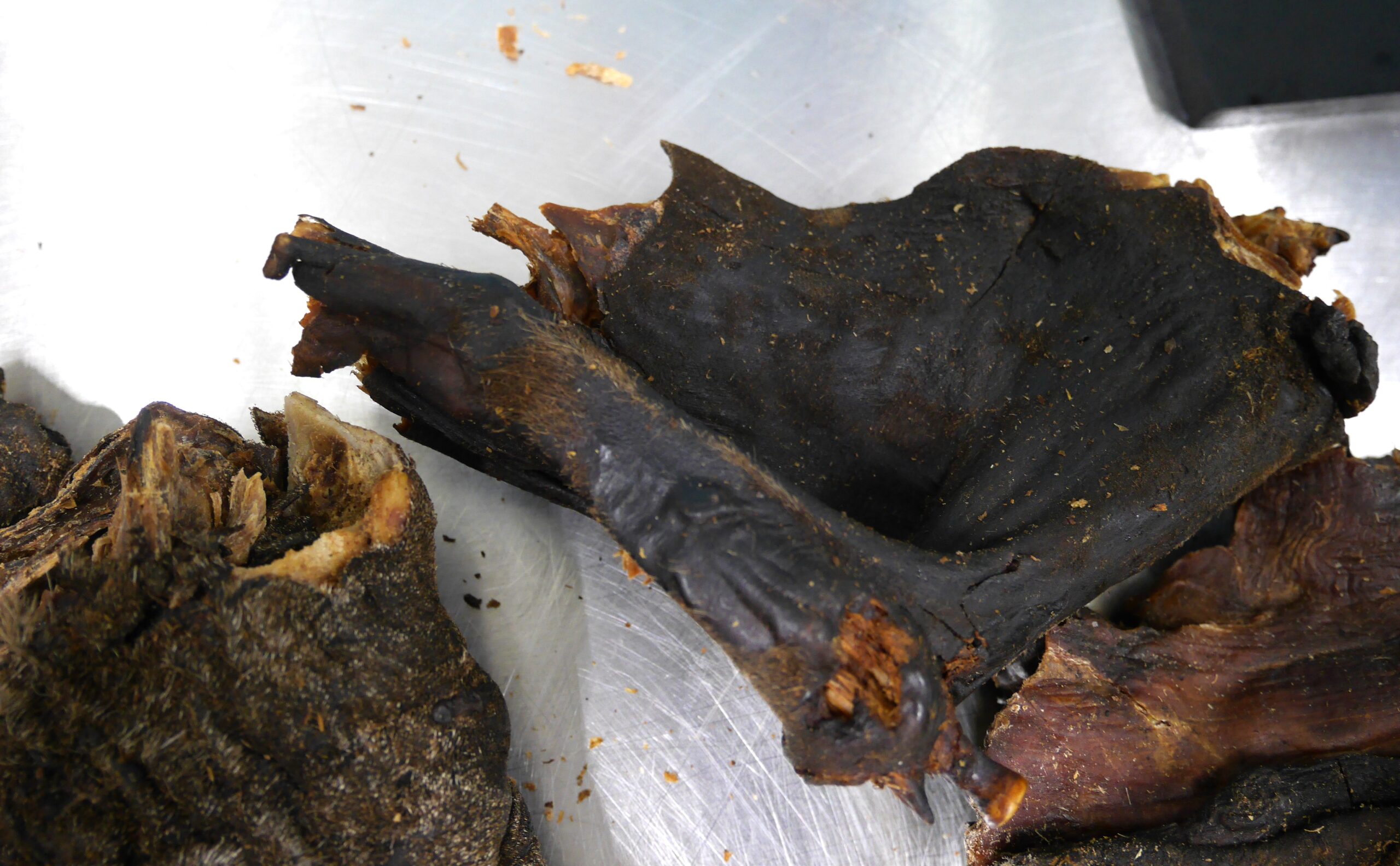
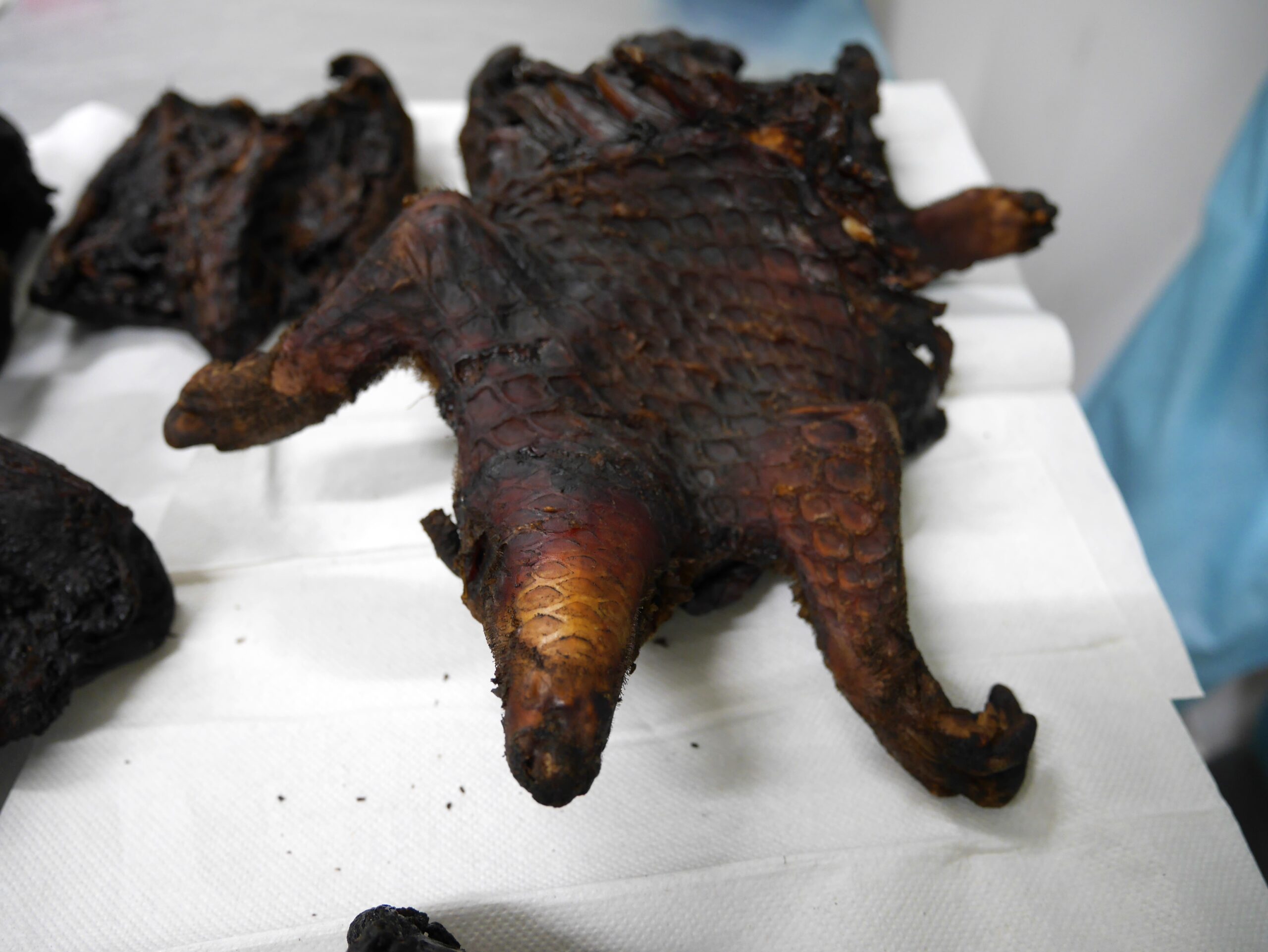
Learn more about our species identification services for CITES Belgium.
Presentations
- Kratz, F., Cuypers, L., Smitz, N., Vanderheyden, A., Vanden Abeele, S., Breugelmans, K., Segers, B., Ramaekers, K., Geraerts, M., De Meyer, M., Backeljau, T., Verheyen, E., Gryseels, S. March 25-26th 2024. Monitoring the trade in exotic animals through DNA barcoding of passenger-imported wild meat. Empowering Biodiversity Research III, Leiden, the Netherlands. https://doi.org/10.5281/zenodo.11617905
Partners & collaborators
FPS Health, Food Chain Safety and Environment

